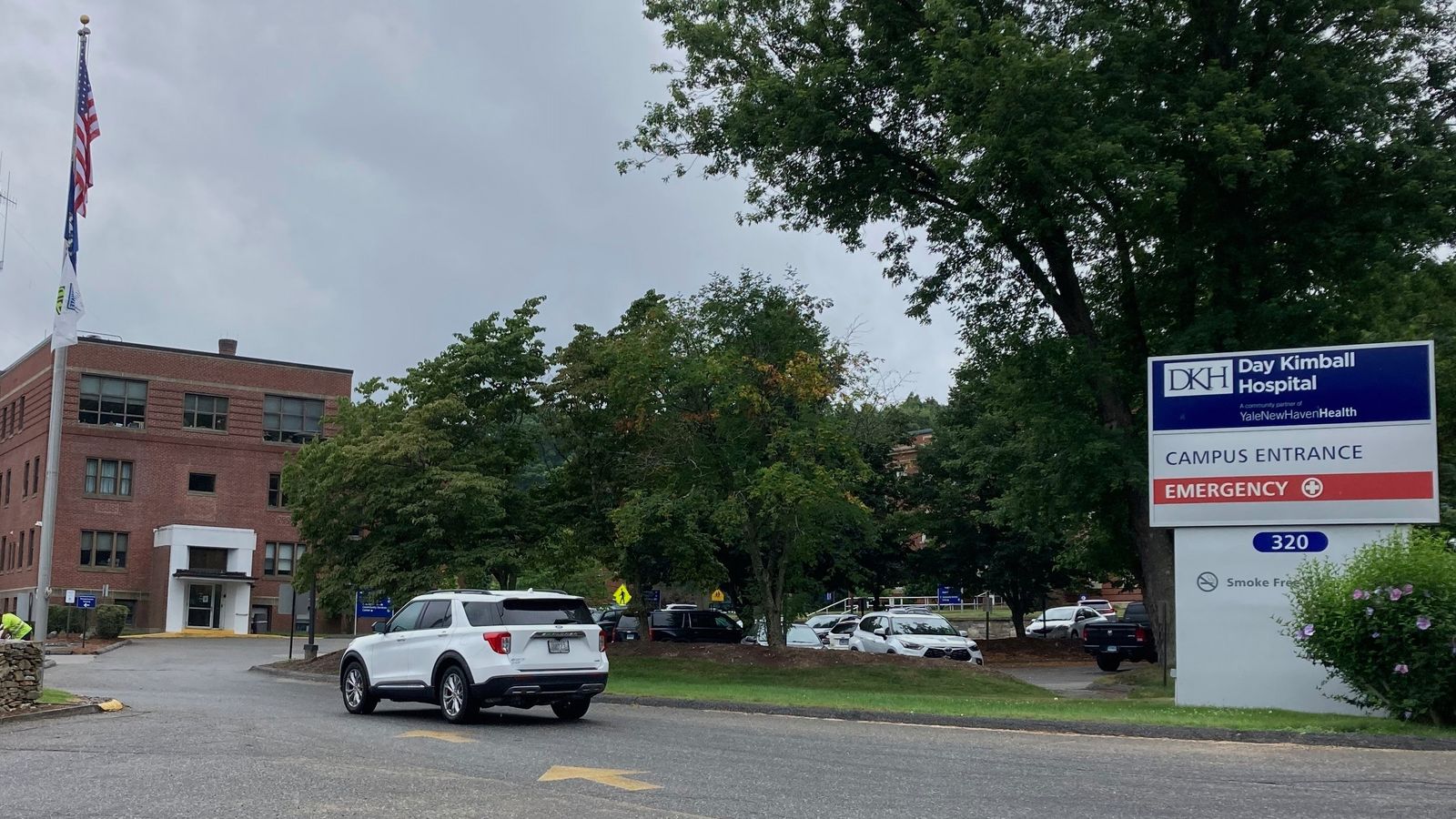
On July 4, 2025, a controversial bill was passed that introduces major changes to Medicaid, a crucial social safety net program that provides limited access to healthcare for tens of millions of low-income Americans. The legislation is widely viewed as a significant setback for public health and social support systems in the United States, drawing criticism from healthcare professionals, advocacy groups, and public policy experts alike.
The new policy initiates sweeping cuts and imposes stricter eligibility requirements for Medicaid recipients, a move that threatens to strip coverage from large segments of the population, particularly the elderly, disabled, and economically disadvantaged. Critics argue that the bill undermines the foundational goal of Medicaid — to offer basic healthcare services to those who cannot afford private insurance or do not qualify for Medicare.
Healthcare providers warn that the legislation will exacerbate the strain already placed on the healthcare infrastructure. Many hospitals and clinics that rely heavily on Medicaid reimbursements to provide care in underserved areas may face closures or reduced service availability. This comes at a time when the healthcare system is still reeling from the combined fallout of the COVID-19 pandemic and chronic underfunding.
Social justice advocates emphasize that the legislation disproportionately affects racial minorities and rural communities, where enrollment in Medicaid is highest. The rollback is expected to deepen healthcare disparities across the country, leaving millions without access to essential medical services, including preventive care, emergency treatment, and long-term support.
While legislators backing the bill assert that it aims to reduce government spending and promote individual responsibility, opponents argue that these justifications overlook the fundamental right to health and the systemic barriers many Americans face in accessing care.
As the policy takes effect, legal challenges and grassroots opposition are expected to intensify. Public health organizations and civil liberties groups are preparing to mobilize in an effort to reverse or mitigate the bill’s impact, underscoring the broader debate over the role of government in ensuring equitable healthcare access for all citizens.
Source: https:// – Courtesy of the original publisher.






